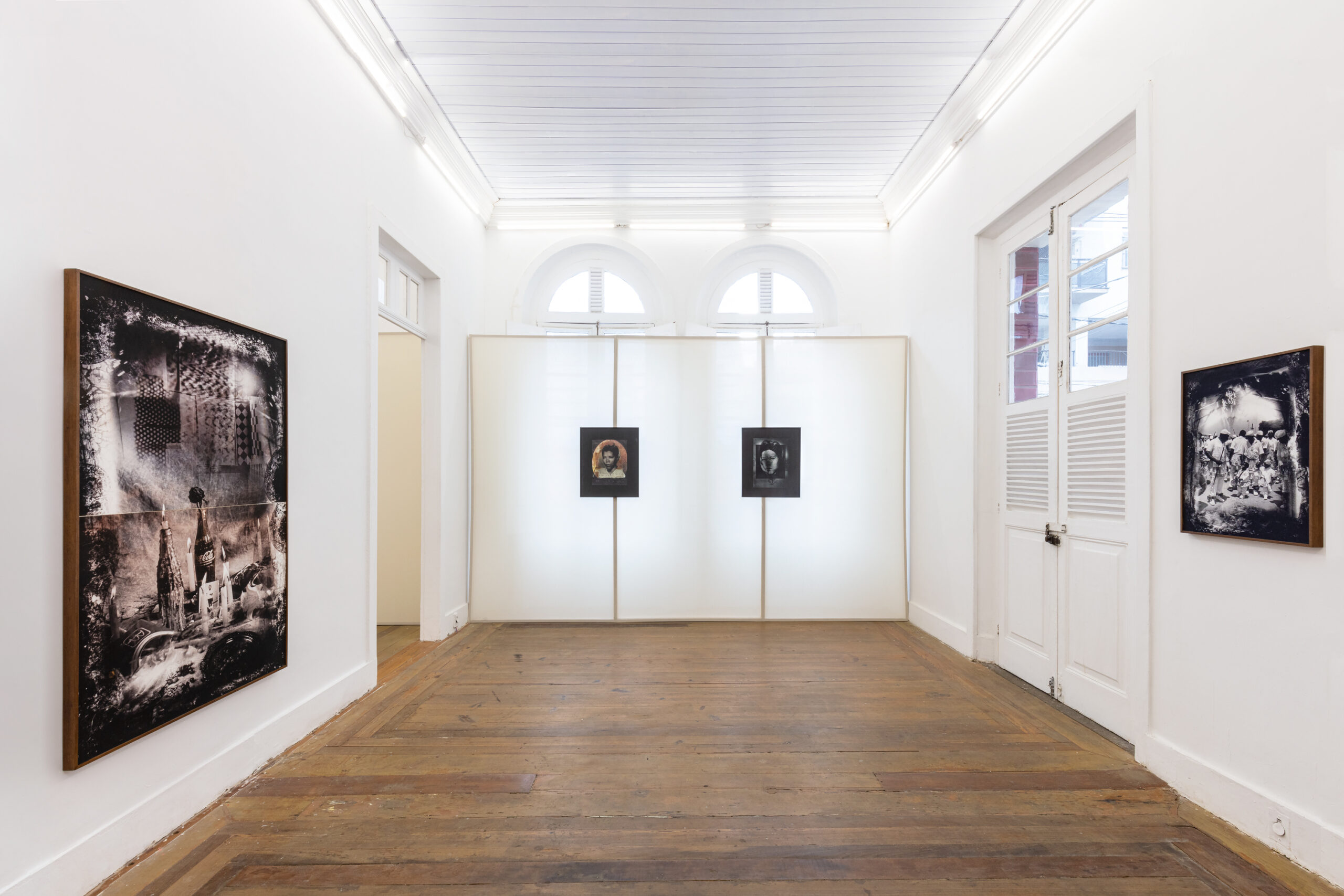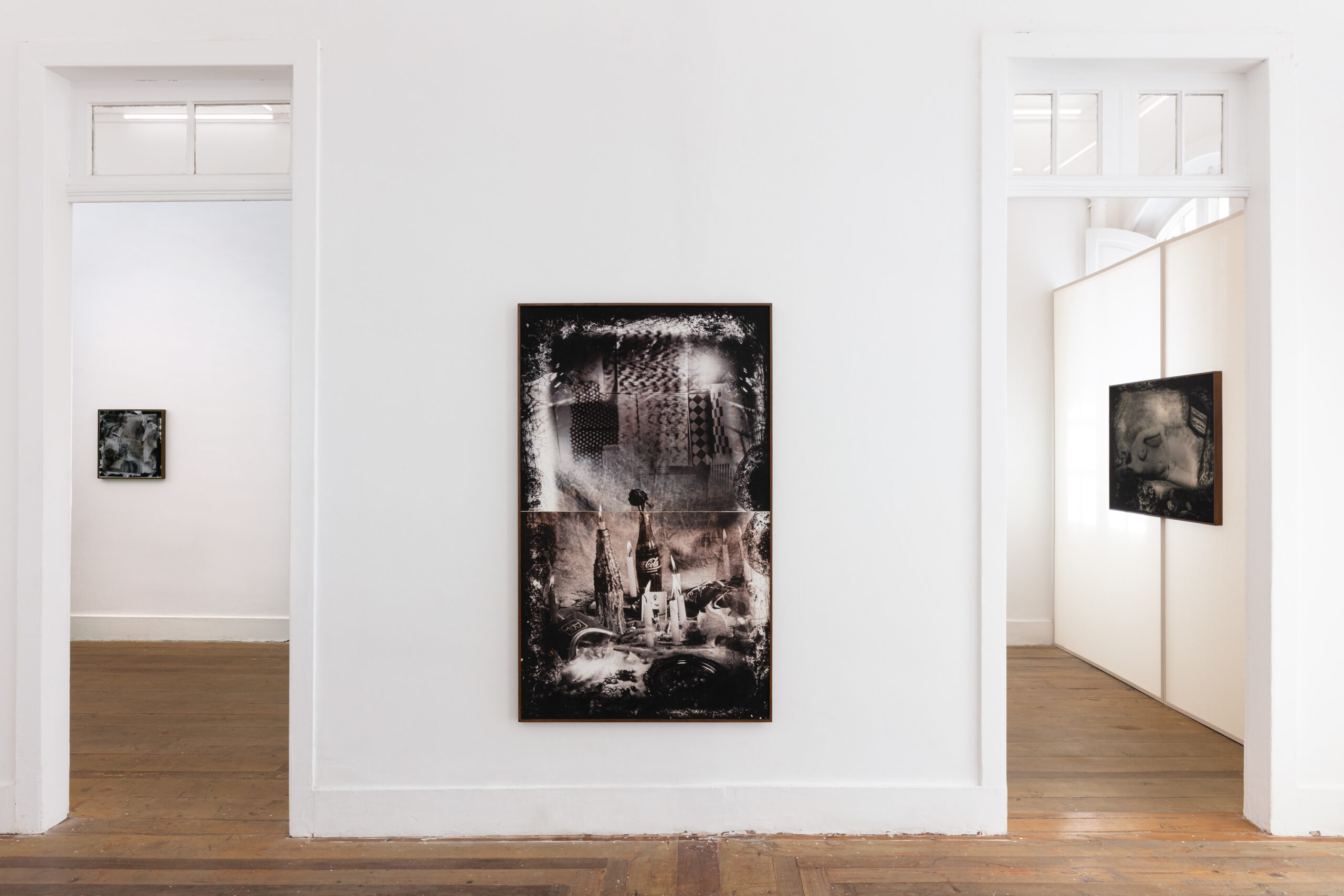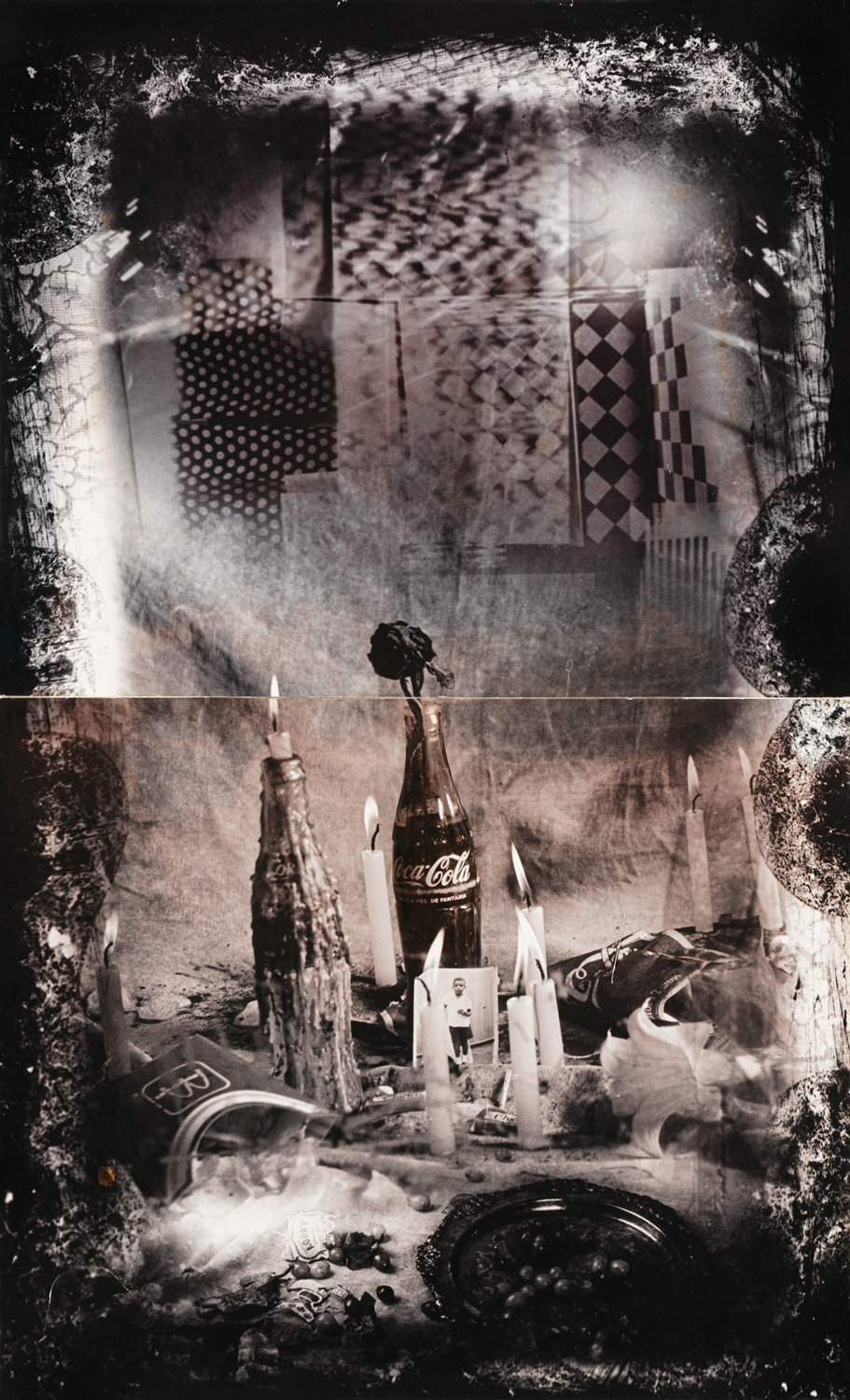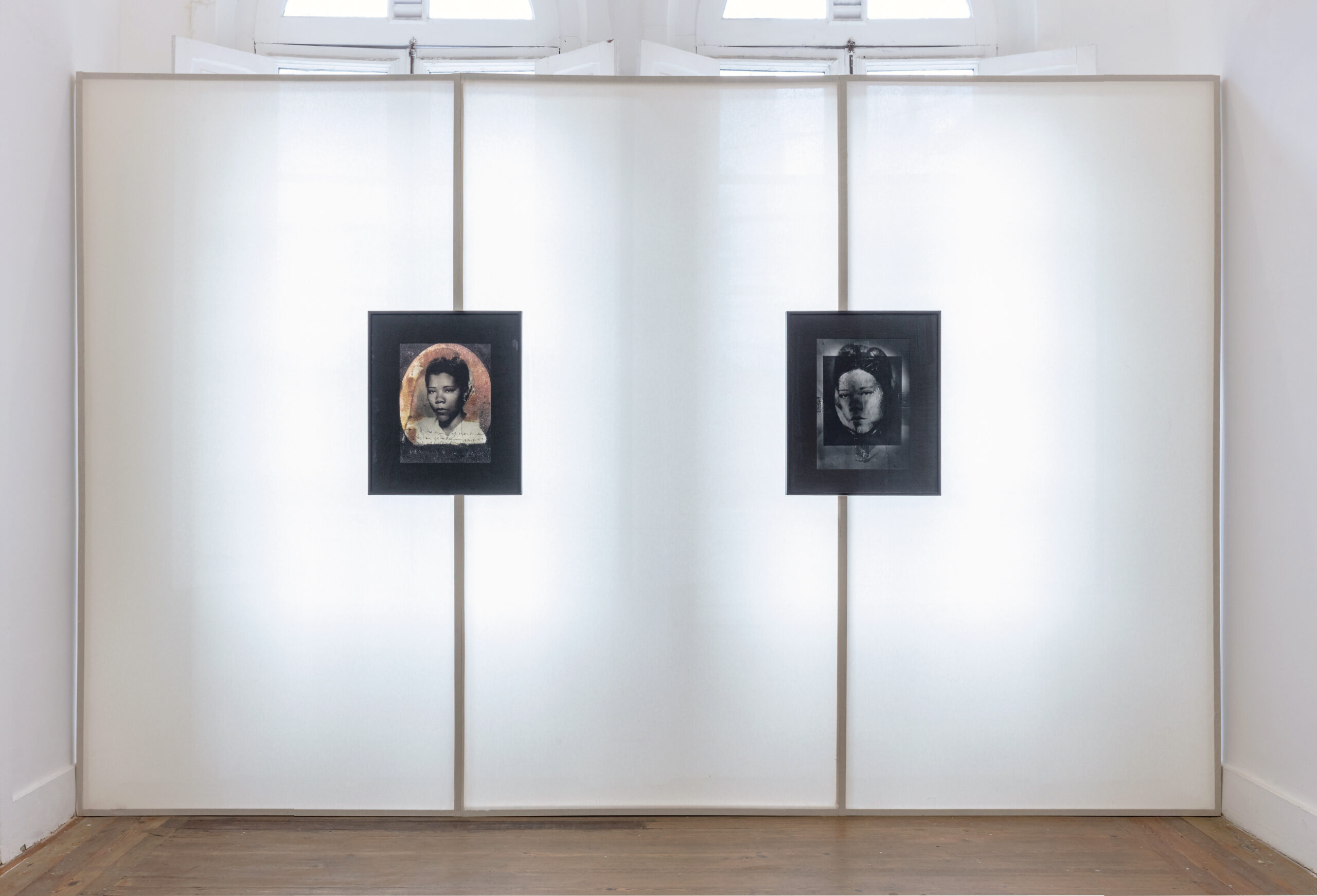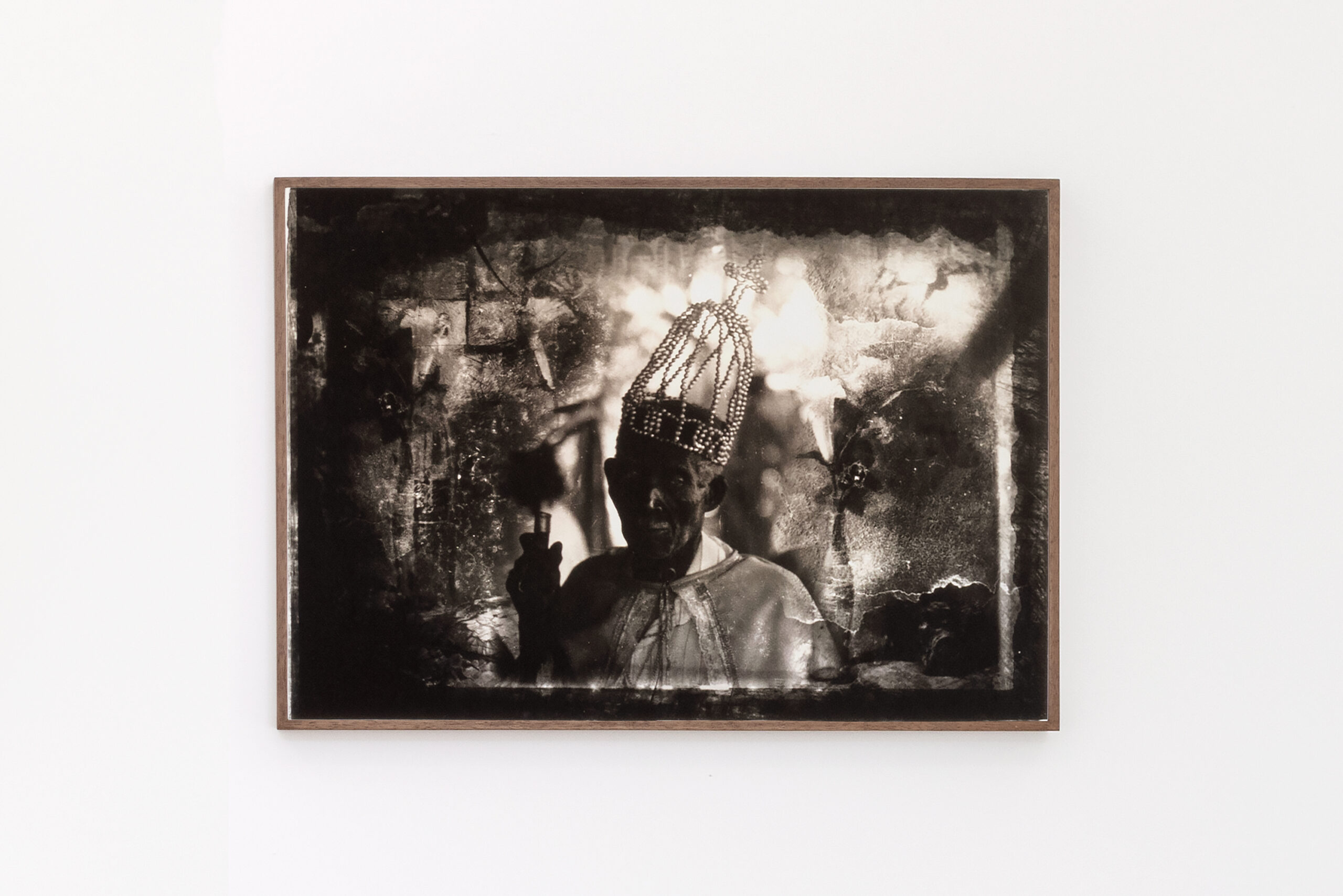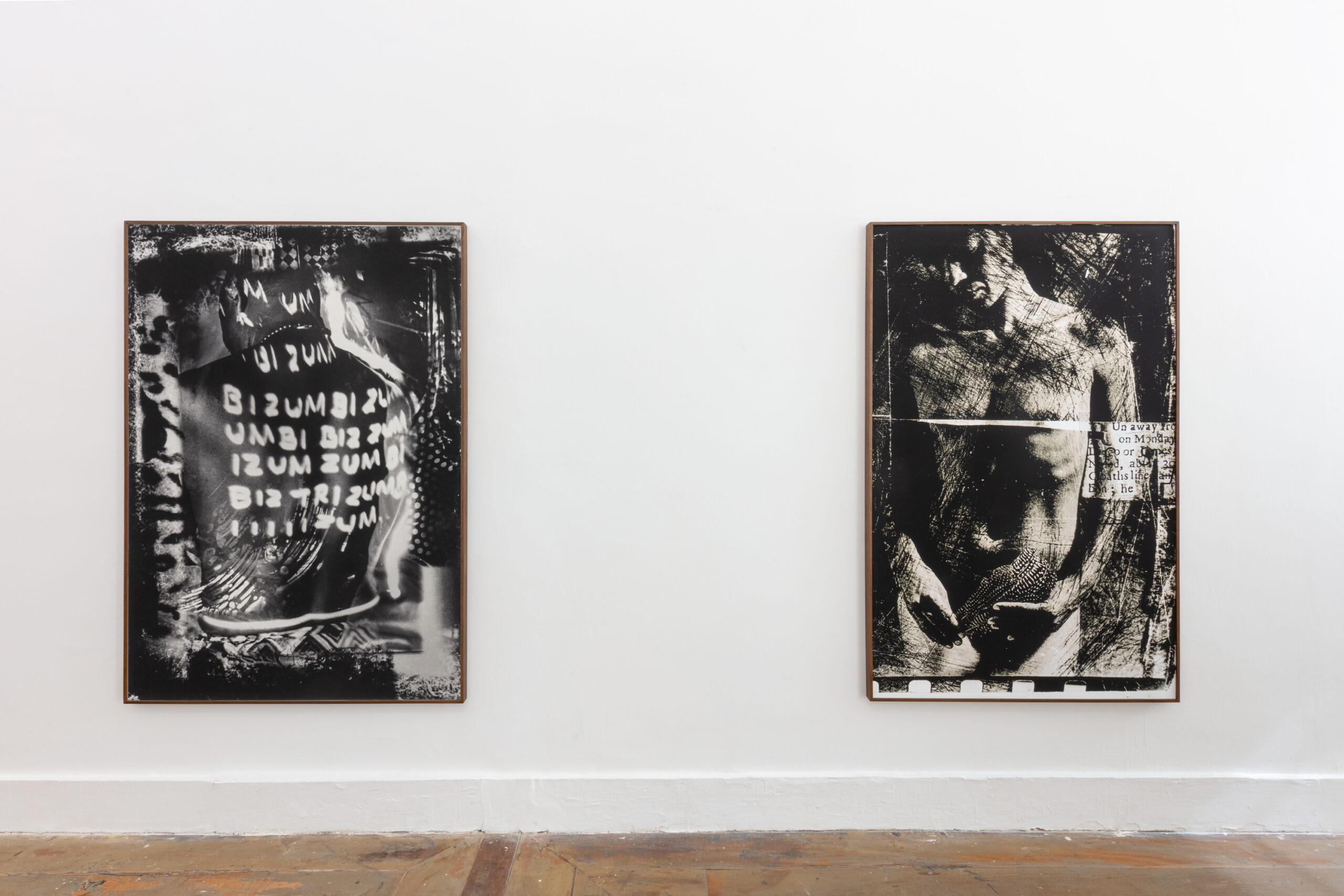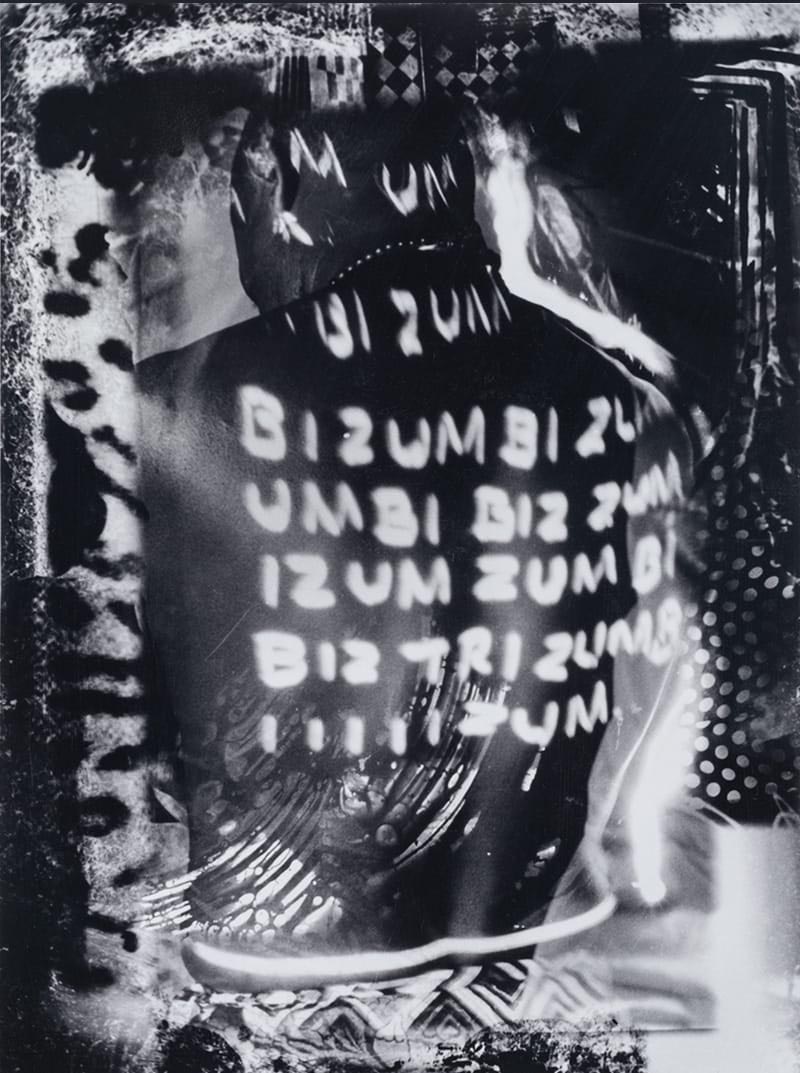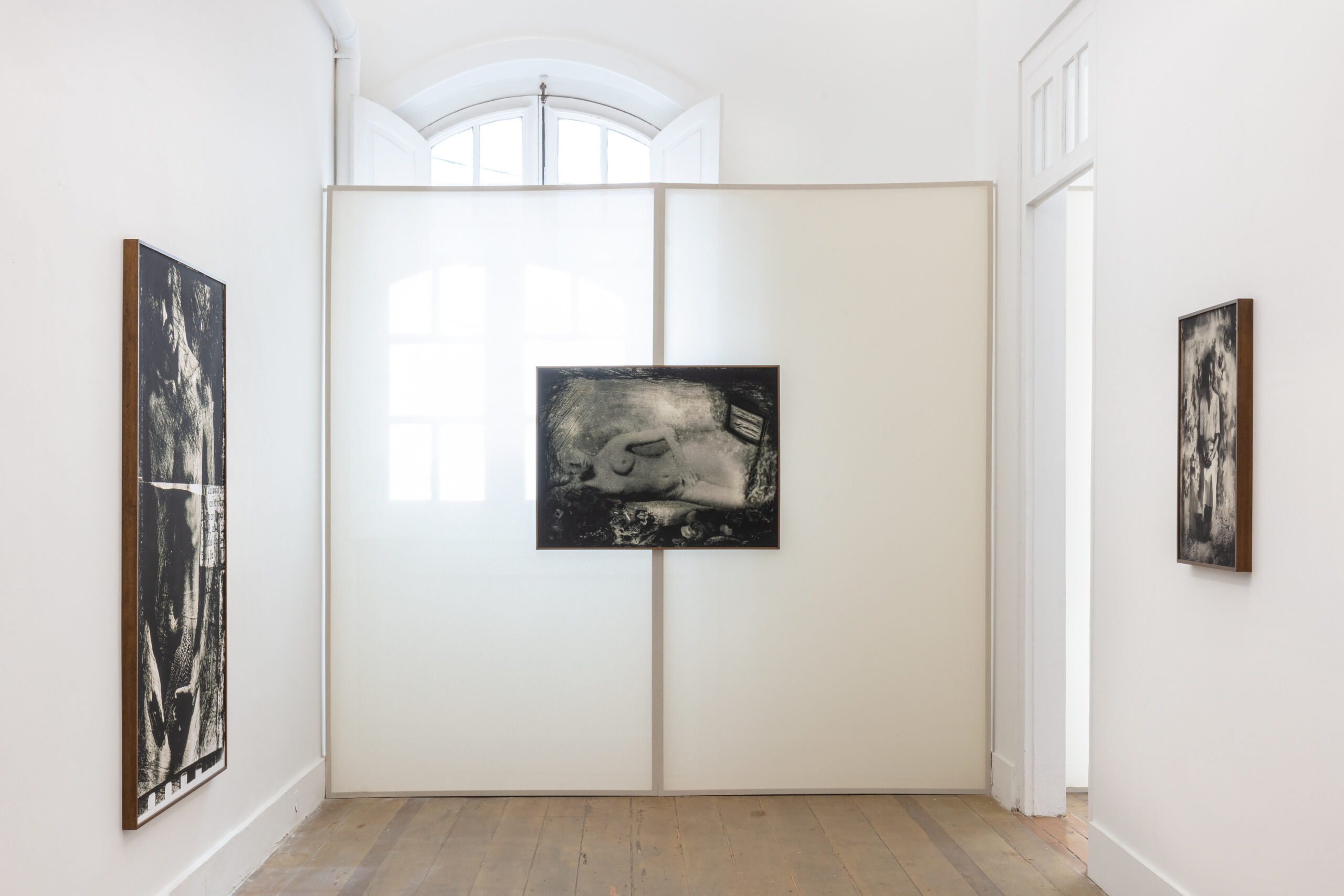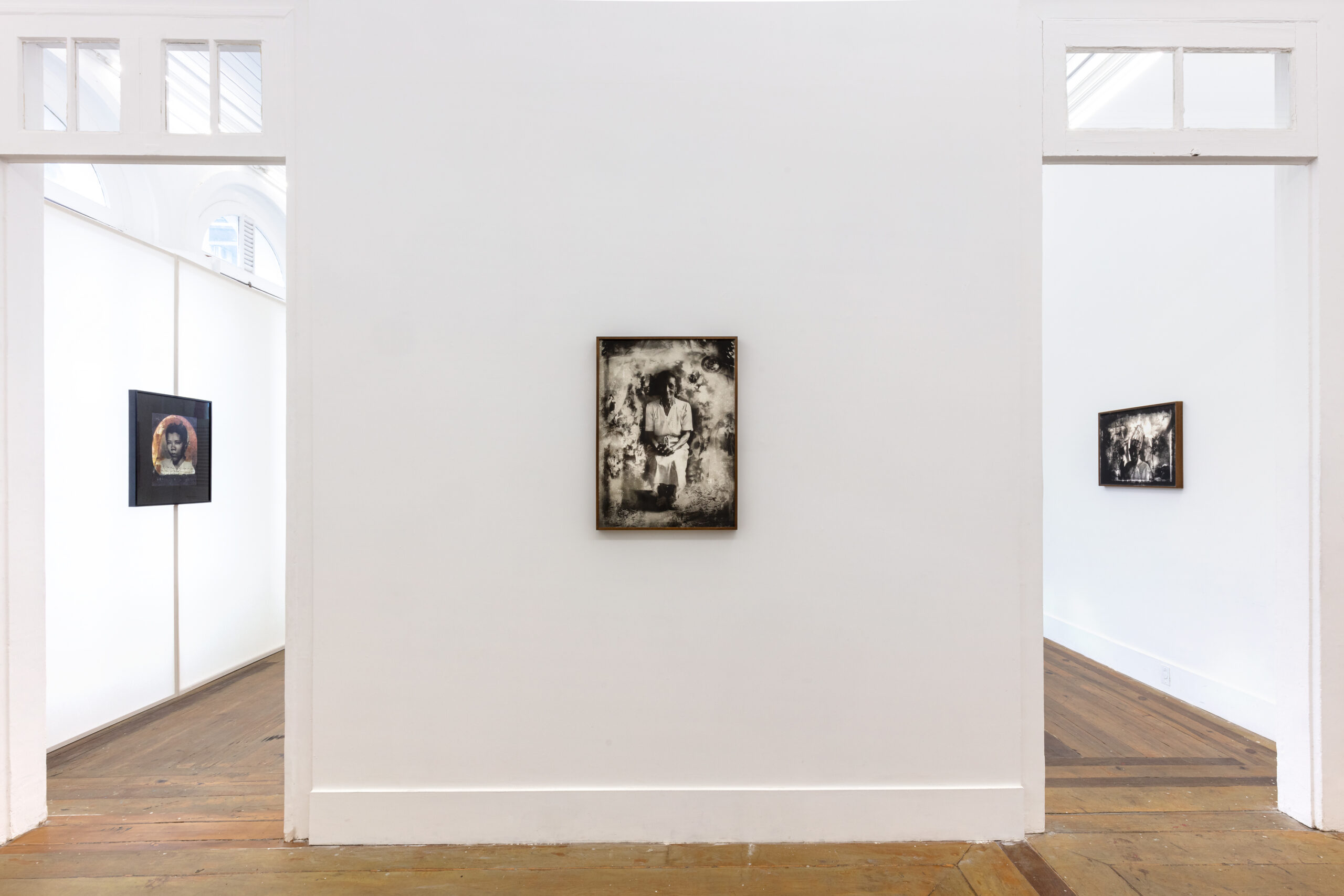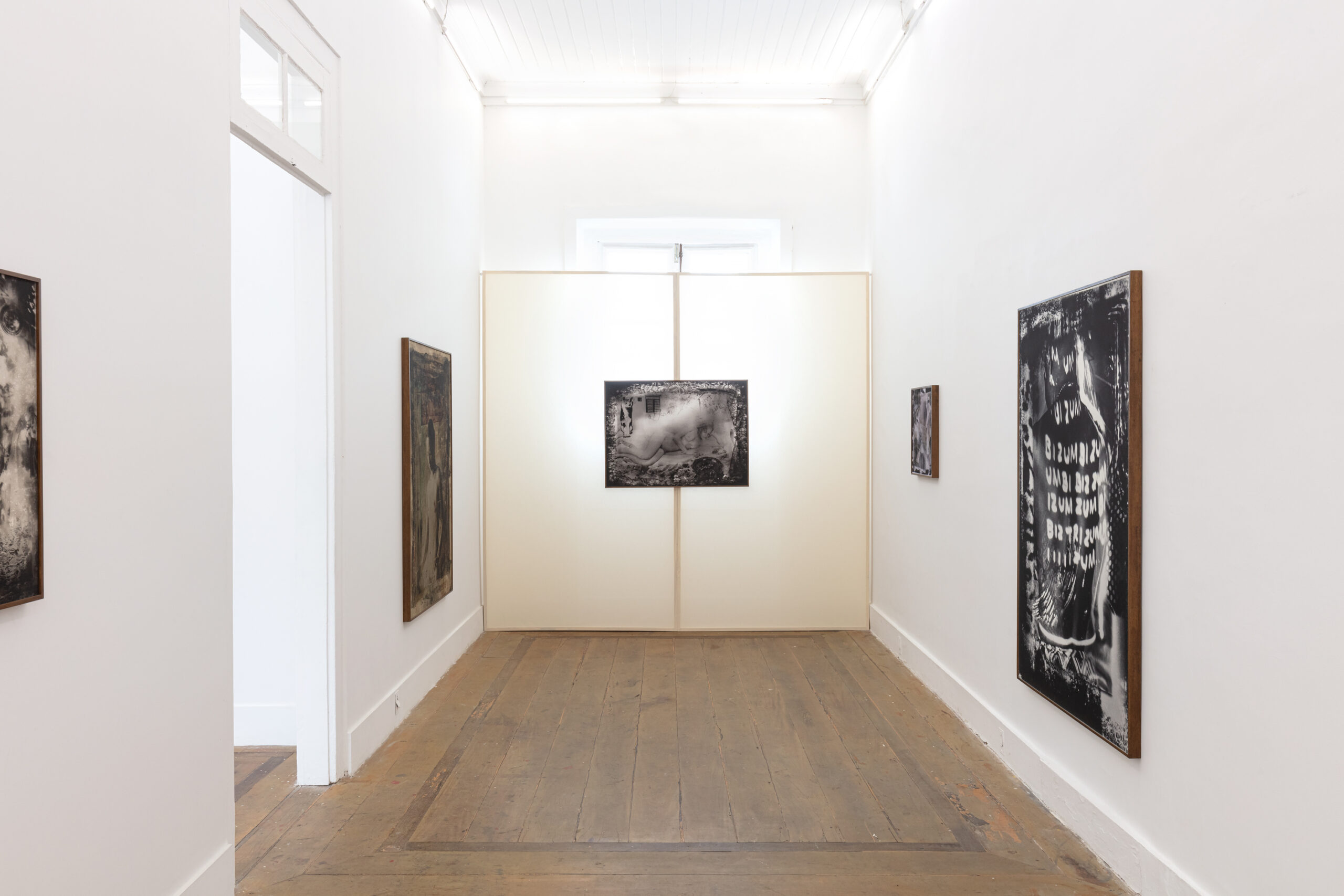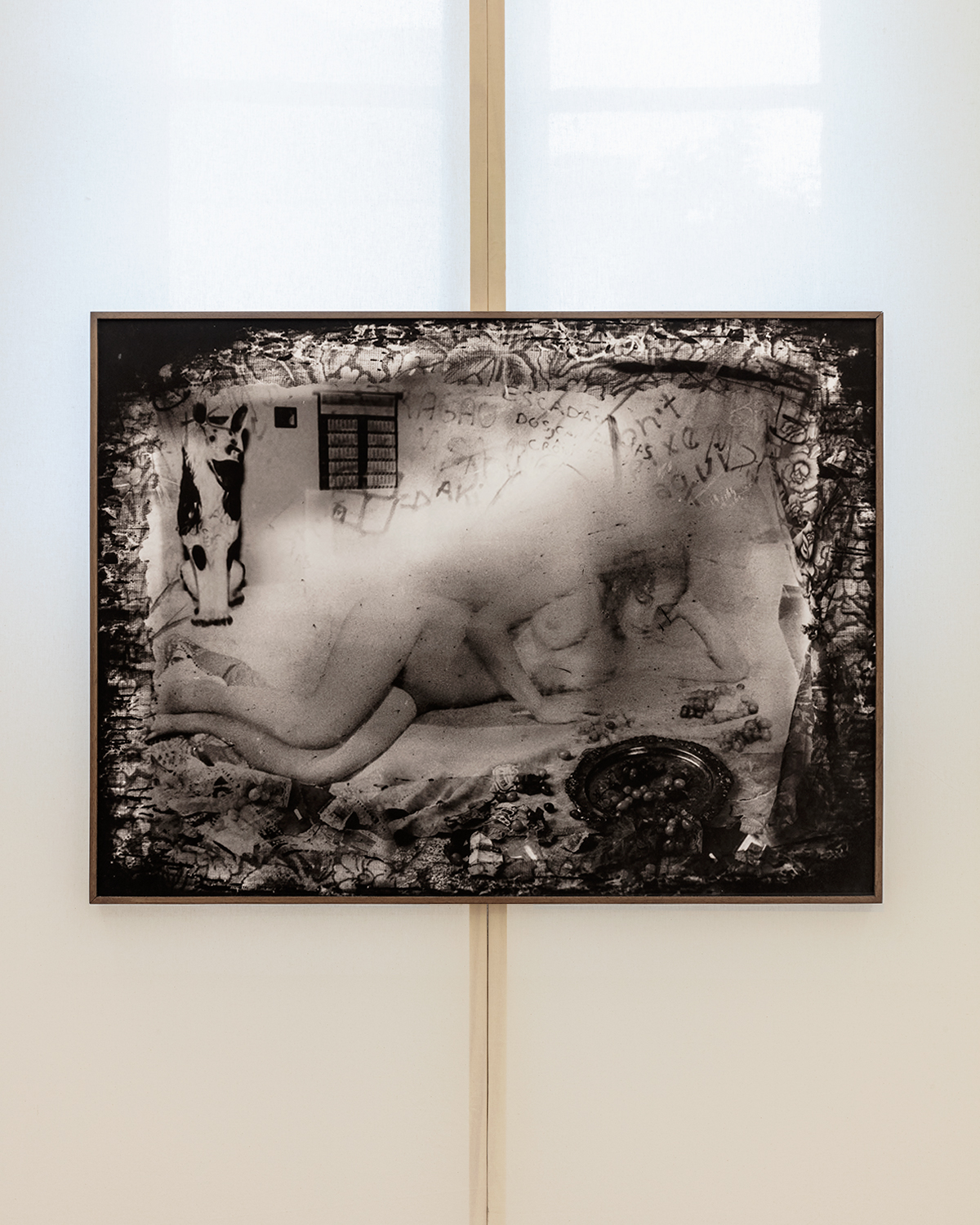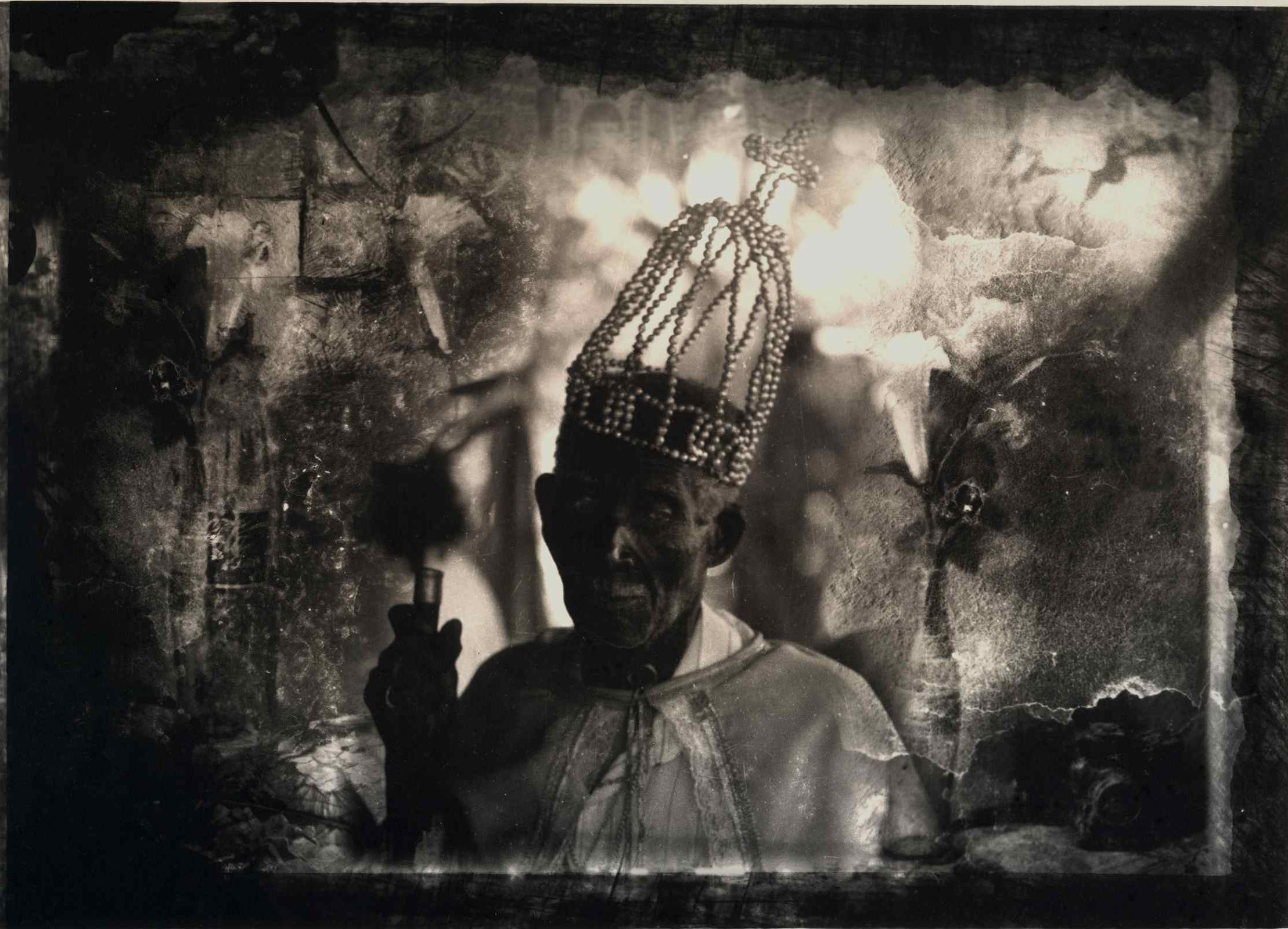Eustáquio Neves
CORPO E ALMA
Rio de Janeiro | November 17, 2022 — February 03, 2023
text by Eder Chiodetto
Eustáquio Neves has the rebellious nature of artists who, when appropriating an artistic language for their expression, do so in a way that violates previously imposed rules in order to expand its possibilities. In this way, within his creative experimentation laboratory, he contributes in a powerful way so that photography gains renewed configurations.
Therefore, Neves is an artist who not only uses the language repertoire to enhance his speech and poetics, but acts as someone who reinvents language itself, expanding its limits, and leaving such an experience as a precious legacy for the history of photography.
Much of Eustáquio’s work is dedicated to reflecting on the structural racism that continues to echo, until today, in a perverse way in Brazilian society and around the world since the ill-fated and violent advent of slavery imposed on African peoples. The history books that circulate among elementary school students, in general, soften and do not go deeply into the atrocities perpetrated against enslaved people in Brazil. Since the 1980s, Eustáquio’s work has become a pioneer in combating these false truths that are perpetuated.
His experiments, which transform the surface of the photographic support into intricate layers, can be read as a strategy for dismantling the historical process of constructing narratives that are ideologically oriented and always told from the perspective of those in power.
This exhibition held by Cavalo art gallery presents some specific icons from the artist’s production, most prominently the images from the Objectification of the Body series. It was images of naked women, which he studied in Renaissance paintings, that led the artist to think about the marketing uses of the female body in today’s world, invariably objectified and sexualized by advertising. Using a black model, an exception in these campaigns, Eustáquio weaves a necessary critical commentary that amalgamates machismo and racism in the same work, emulating scars, disconnected spellings, manumission documents and advertisements for the sale of black bodies.
The show also features works from the series Punishment Masks and Arturos. In the first, the artist uses portraits of his mother, Dona Tereza, to create, between negative and positive images, an emblem about the silencing imposed on black populations to this day.
For the making of Arturos, one of his most engaging series, Eustáquio lived among the remaining members of a Quilombo (Brazilian refugee slave settlement) in Minas Gerais state. Among multiple layers, we can glimpse the strength, resilience and beauty of the Afro culture that remained strong and pulsating – contrary to all historical attempts at erasure – in demonstrations such as the Congada (an Afro-Brazilian parade that restages a crowning of the king and queen of Congo).
The singular work of Eustáquio Neves leads us to reflect that for art to be able to move minds and hearts, demolishing false crystallized truths, it is often necessary for the artist, through his experimentations, to promote some implosions within the artistic language itself, to expand its frontiers and generate new points of view.
